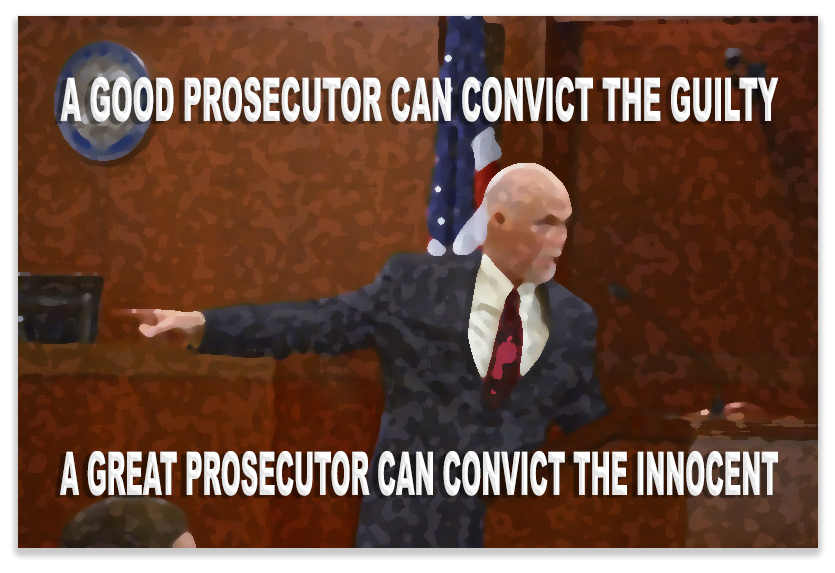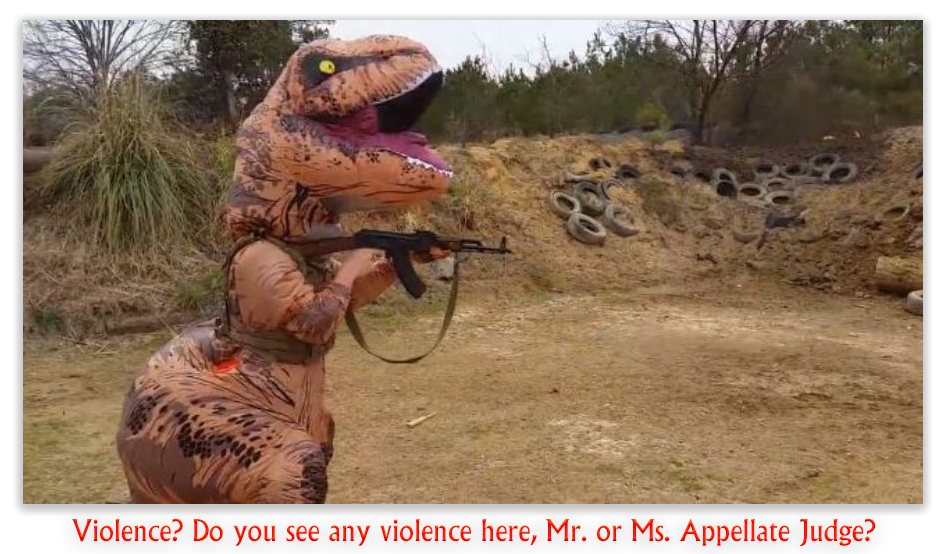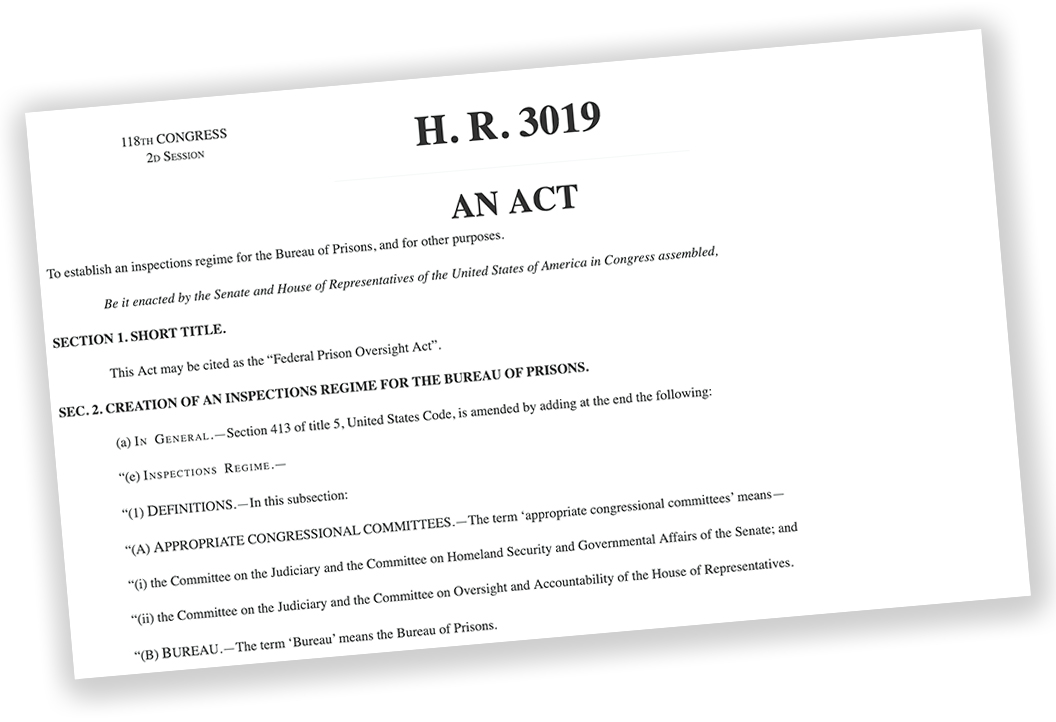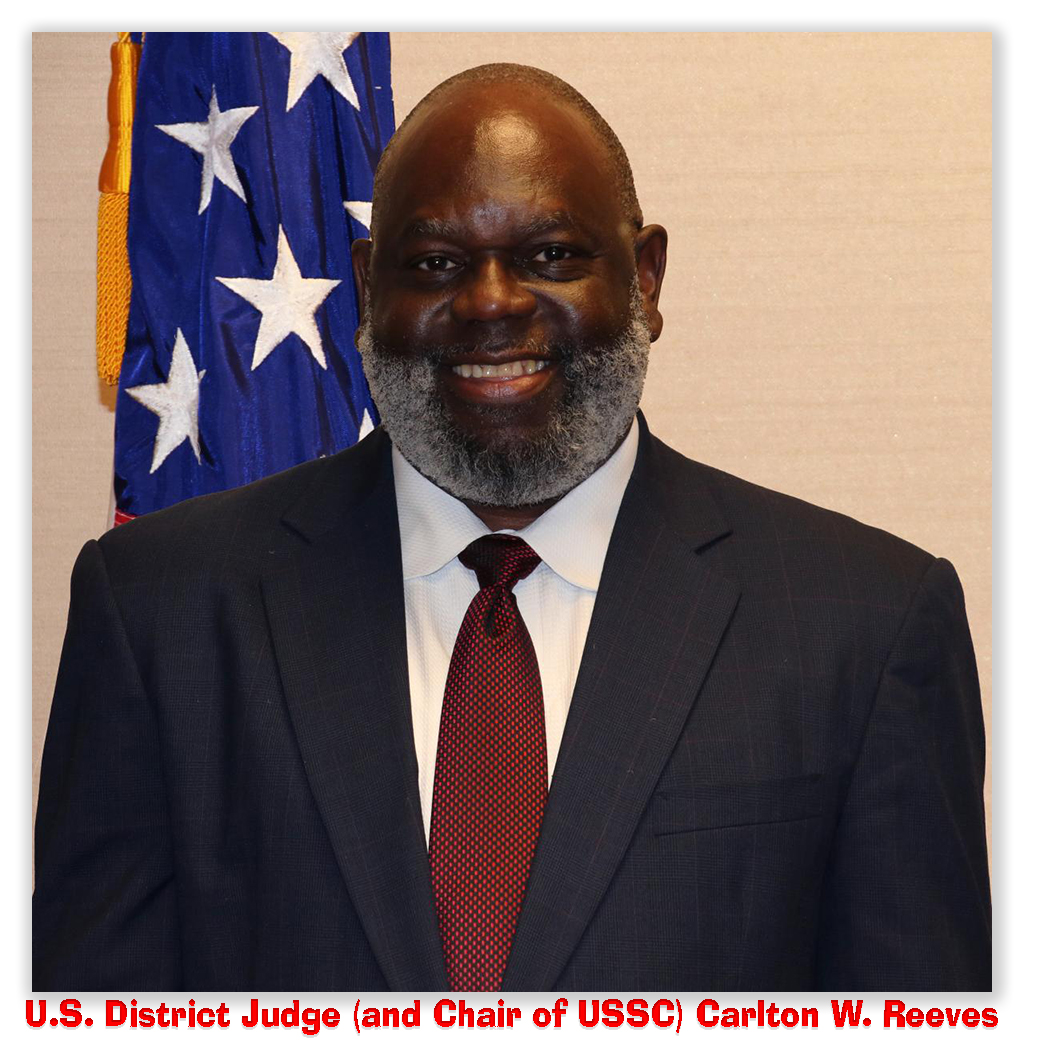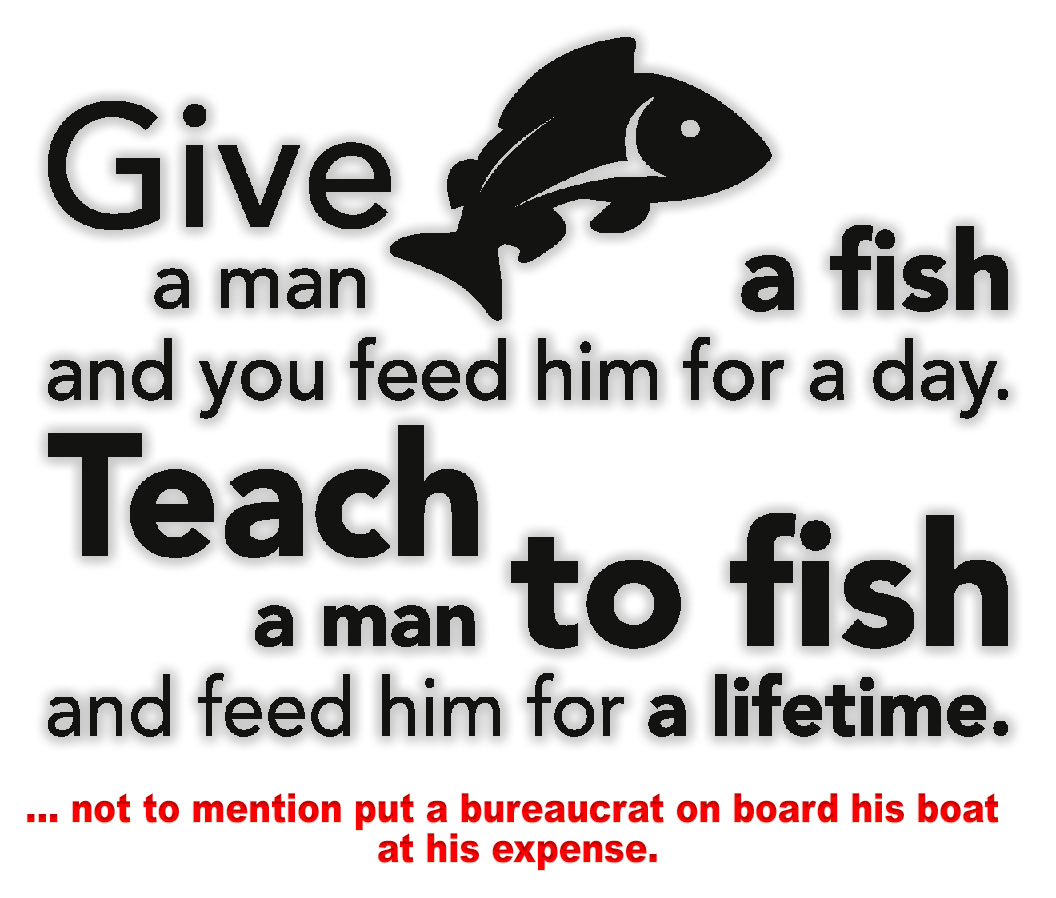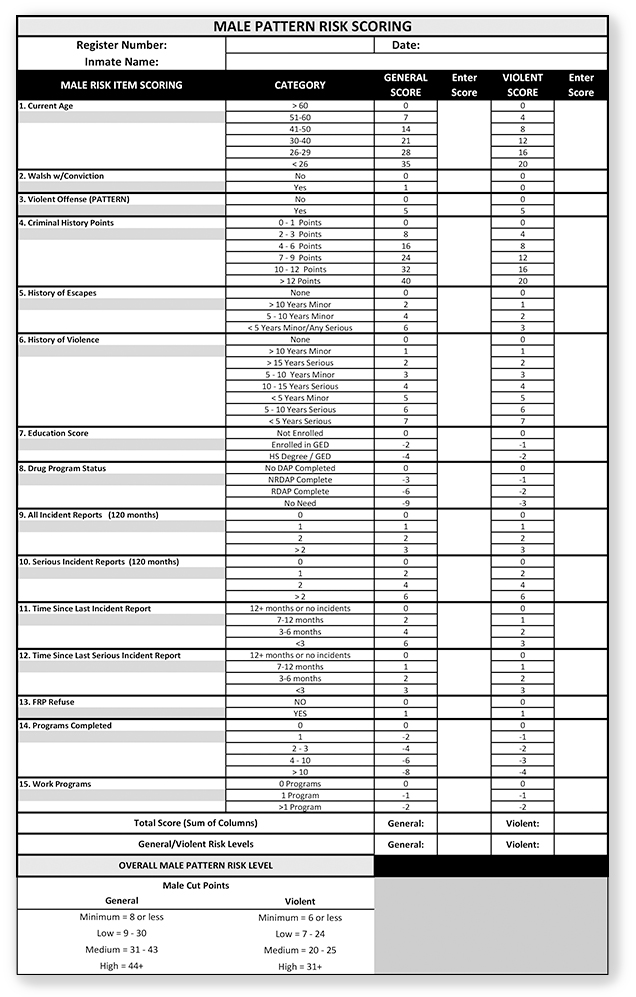We post news and comment on federal criminal justice issues, focused primarily on trial and post-conviction matters, legislative initiatives, and sentencing issues.

WHAT THE HECK/
More than two decades ago, Erma Wilson, a certified nursing assistant in her mid-20s, was convicted of cocaine possession after police in Midland, Texas, said they had found a bag of crack on the ground belonged to her. For two decades, she has steadfastly denied that the crack was hers. She trusted a fair trial to vindicate her. She didn’t get one.
Her felony conviction resulted in an eight-year suspended sentence but denied her life-long dream of becoming a registered nurse. Erma continued to work as a certified nursing assistant and, after further training, as a medical assistant, her criminal record has made employers uncomfortable hiring her. She has struggled to support herself and her family.
Then, in February 2021, Erma learned from USA Today that in her trial – and hundreds of others in Midland County spanning decades — “bedrock judicial norms were dishonored.” As the 5th Circuit described it, “[u]nbeknownst to Wilson, a Midland County assistant district attorney, Ralph Petty, had been moonlighting, acting as both accuser and adjudicator. For nearly 20 years, the multitasking Petty had worn two hats: (1) by day, a prosecutor in the public courtrooms of Midland County judges; and (2) by night, a law clerk in the private chambers of Midland County judges. Disturbingly, Petty was working both sides of the bench, seeking favorable rulings while also writing them.”
She sued Midland County under 42 USC § 1983 for violating her constitutional rights under color of state law. Last week, the 5th Circuit ruled in an en banc opinion that unless she got her conviction set aside, she is barred from seeking damages for the two decades of ruin that Ralph Petty and her judge had visited upon her.
The 5th said that Texas law gave her a number of ways to set aside her conviction, but Erma “chose to forgo all of them” and instead brought the § 1983 money damages claim in federal court. The district court threw out her suit because § 1983 can’t be used to challenge a tainted conviction until that conviction has been set aside or expunged, the so-called favorable-termination rule of Heck v. Humphrey.
In Heck, the Supreme Court held that when “the invalidity of [a] conviction” is an element of a § 1983 damages claim, the plaintiff cannot bring suit unless and until the conviction is favorably terminated.”
On appeal, Erma argued that the favorable termination rule applies only to people in custody. The 5th Circuit disagreed, citing a single footnote in Heck – footnote 10 – in which the Supreme Court majority mused that “the principle barring collateral attacks – a longstanding and deeply rooted feature of both the common law and our own jurisprudence – is not rendered inapplicable by the fortuity that a convicted criminal is no longer incarcerated.”
The 5th held that Heck’s footnote 10 established that “the favorable-termination requirement is unconcerned with custody. It is instead concerned with all § 1983 claims by all civil plaintiffs who seek civil remedies against defective criminal processes.”
In a stinging dissent joined by five other judges, Judge Willett wrote,
It took Erma Wilson 20 years to learn of the brazen prosecutorial misconduct that laid waste to her fundamental fair-trial right… This was a DEFCON 1 legal scandal—a prosecutor being on the judge’s payroll—and Wilson learned of [it] along with the rest of the nation… My take: The majority opinion in Heck had no reason to address whether the rule applied to plaintiffs who have already completed their sentences because the plaintiff in Heck was still in prison. But in infamous footnote 10—the very quintessence of dicta—the Court mused that the favorable termination requirement should also reach plaintiffs who are no longer incarcerated. The Supreme Court’s later admonition in District of Columbia v. Heller about latching onto unargued, unbriefed, unconsidered pronouncements has never rung truer: “It is inconceivable that we would rest our interpretation… upon such a footnoted dictum in a case where the point was not at issue and was not argued.”
The en banc 5th was puzzled at Erma’s choice of forum, just as I am. The Circuit noted that Erma’s decision not to first pursue getting the felony vacated “was curious—both because the state courts made clear that their doors were open to overturn Wilson’s conviction, and because the entire premise of this lawsuit is that Wilson’s criminal conviction created an insuperable obstacle to her lifelong dream of becoming a nurse… But for whatever reason, Wilson chose to seek only money damages under 42 USC § 1983 and attorneys’ fees under 42 USC § 1988. The key allegation in Wilson’s complaint, which she repeated for emphasis, was that she was entitled to relief under federal law because her criminal conviction was “tainted” by violations of the Fourteenth Amendment’s Due Process Clause.”
Wilson v Midland County, Case No. 22-50998, 2024 U.S.App. LEXIS 23339 (5th Cir. September 13, 2024)
Heck v. Humphrey, 512 US 477 (1994)
Reason, 5th Circuit Reluctantly Rules Against Victim of a Prosecutor Who Was Also a Law Clerk (December 18, 2023)
– Thomas L. Root



